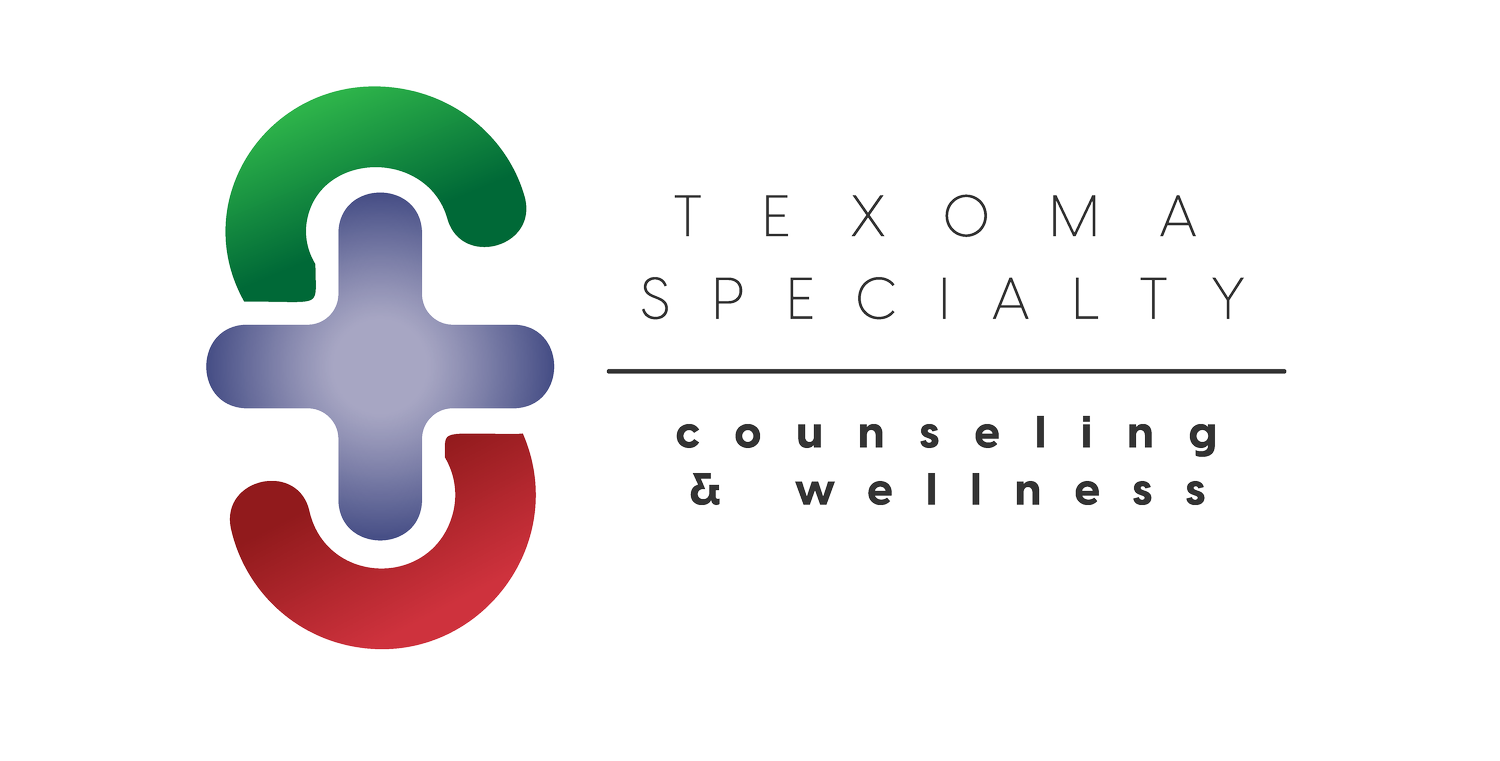Glorification of Eating Disorder Behaviors In The Fitness Industry
A couple of years ago, I was interviewed by Jessi Haggerty for her AWESOME podcast, BodyLove Project. Loads of great messages in there! I don’t want to spoil here ;)
Please enjoy the interview:
The fitness industry has long been praised for promoting health, strength, and discipline. But let’s be real for a second—it also plays a major role in glorifying disordered eating behaviors. The obsession with "clean eating," tracking every calorie, pushing through extreme hunger, and prioritizing aesthetics over actual well-being is everywhere. And while it’s often packaged as “wellness,” what we’re really seeing is an alarming normalization of eating disorder behaviors.
When “Healthy” Becomes Harmful
Scrolling through social media, you’ll see endless posts about macro counting, strict meal plans, “no excuses” workout routines, and transformation photos that scream, your body isn’t good enough—fix it. The message? You’re only worthy if you’re lean, shredded, and able to maintain an impossible level of control over food and exercise.
For many, this isn’t just about motivation—it’s a breeding ground for disordered behaviors. Skipping meals to “save calories,” ignoring hunger cues, labeling foods as “good” or “bad,” and punishing yourself for eating something “off plan” are all deeply ingrained in fitness culture. And let’s not forget the ever-popular fitness influencers who promote extreme measures under the guise of “discipline.”
The Fine Line Between Fitness and Disorder
To be clear, there’s nothing wrong with wanting to take care of your body. But when your self-worth becomes tied to how little you eat, how many calories you burn, or how visible your abs are, there’s a problem. The fitness industry rarely acknowledges that these behaviors often mirror those seen in individuals with clinically diagnosed eating disorders. In fact, many of the restrictive dieting and excessive exercise habits celebrated in fitness culture would land someone in treatment if they weren’t wrapped up in the shiny packaging of “health.”
The language used in the fitness world is particularly toxic. Phrases like:
“Earning your food”
“No pain, no gain”
“Cheat days”
“Burn it off”
…all reinforce the idea that food is something to be controlled and that movement is a punishment for eating.
Breaking Free from the Toxic Cycle
So how do we separate actual health from this harmful rhetoric?
Ditch the Guilt-Based Mentality – You do not have to “earn” your food. You do not have to burn off what you eat. Your body deserves nourishment without conditions.
Challenge Fitness Myths – The leanest body is not necessarily the healthiest. Restriction is not the key to long-term wellness. Fitness should enhance your life, not control it.
Follow Accounts That Promote Balance – Unfollow the influencers who make you feel like your worth is tied to your body size. Instead, seek out voices that encourage intuitive eating, self-acceptance, and sustainable movement.
Recognize When Fitness Is Just Disguises Disordered Eating – If your workout plan is causing anxiety, if meal tracking is taking over your life, or if rest days feel like failure—it’s time to take a step back and reevaluate.
Get Support – If any of this resonates with you, know that you don’t have to navigate it alone. Whether it’s a therapist, dietitian, or a trusted friend, reaching out can be the first step toward a healthier, more balanced relationship with food and exercise.
Final Thoughts
The fitness industry isn’t inherently bad, but it does have a problem with glorifying eating disorder behaviors. It’s time we start calling it out. Your worth is not determined by how little you eat or how hard you push yourself in the gym. You are not a “failure” for choosing rest, for eating intuitively, or for prioritizing your mental health over aesthetics.
It’s okay to want to be strong. It’s okay to love fitness. But make sure it’s serving you—not consuming you. If you need to chat about your relationship with food, start here. Let us know how we can help.


